Ad Details
-
Ad ID: 1294
-
Added: July 1, 2024
-
Sale Price: ₹500
-
Condition: Brand New
-
Location: India
-
State: Telangana
-
City: Hyderabad
-
Views: 3139
-
Website: Aquasafe Water Solutions
Description
Good Chemistry RO Antiscalant (5 Litre)
Good Chemistry Scale Check RO Antiscalant is widely used at RO Water Plants to remove the scale formation in Reverse Osmosis Membrane elements.
- Low Dosage
- High Performance
- Great Stability
- ANSI/NSF Standard 60 Certified
- Increases Membrane Life
- 100% Safe
- NSF Certified Antiscalant
Applications:
- RO Water Treatment Plants
- Industrial RO Water Plants
- Demineralized Plants
Contact for Sales: +91 9055666222, 9055222666
Benefits of Using RO Antiscalants
RO Antiscalants offer several benefits in Reverse Osmosis water plants. Here are some key advantages:
Prevents Scale Formation:
One of the primary benefits of using RO antiscalants is their ability to prevent scale formation on the membrane. Generally Scale formation occurs due to the precipitation of dissolved minerals such as calcium, magnesium, and silica, which can clog the membrane pores and reduce system efficiency.
Antiscalants help inhibit the crystallization of these minerals, thereby extending the lifespan of the RO membrane and maintaining system performance.
Improved Efficiency:
By preventing scale formation, RO antiscalants help maintain optimal water flow rates and pressure differentials across the membrane.
This ensures consistent system performance and enhances overall efficiency, leading to reduced energy consumption and operating costs.
Longer Membrane Life:
Scale formation not only reduces system efficiency but also accelerates membrane fouling and degradation. RO antiscalants help mitigate fouling by preventing the accumulation of particulate matter and biofilm on the membrane surface.
As a result, the lifespan of the RO membrane is prolonged, reducing the frequency of membrane replacement and maintenance requirements.
Cost Savings:
The use of RO antiscalants can result in significant cost savings over the operational lifespan of a reverse osmosis system. By minimizing membrane fouling, extending membrane life, and reducing maintenance requirements, antiscalants help lower overall operating expenses and improve the return on investment for water treatment facilities.
Consistent Water Quality:
By preventing scale formation in the membrane, RO antiscalants help maintain consistent water quality output from the reverse osmosis system.
This is particularly important in applications where water purity standards must be met, such as in drinking water treatment, pharmaceutical production, and semiconductor manufacturing.
RO antiscalants play a crucial role in optimizing the performance, longevity, and cost-effectiveness of reverse osmosis water treatment systems, making them an essential component in many industrial and municipal water treatment applications.
5020 vs 5040 RO Antiscalants
When it comes to choosing an RO antiscalant, two common options are 5020 and 5040. Here is the difference between these two types.
5020 RO Antiscalant:
- Typically used in systems with lower levels of scaling potential.
- Effective in preventing common scales such as calcium carbonate and magnesium hydroxide.
- Often chosen for standard residential or light commercial applications.
5040 RO Antiscalant:
- Designed for systems with higher scaling potential.
- Provides enhanced protection against a broader range of scales, including calcium sulphate and barium sulphate.
- Suitable for industrial and heavy commercial applications where water hardness and scaling risk are higher.
Chemicals Used in RO Water Plants
In RO water plants, various chemicals are used to ensure the system operates effectively and the water produced is of high quality.
Some of the common chemicals include:
- Antiscalants: As discussed, these prevent scale formation on the membranes.
- pH Boosters: Chemicals like sodium hydroxide or hydrochloric acid are used to adjust the pH of the water to optimal levels.
- Chlorine: Used for disinfection purposes, although it must be removed before the water reaches the RO membranes to prevent damage.
- Sodium Bisulfite: Often used to dechlorinate water before it enters the RO system.
- Coagulants and Flocculants: These help remove suspended solids from the water before they enter the RO system.
Chemical for Water Taste in RO Plants
Ensuring good taste in water produced by RO plants is crucial, especially for drinking water applications.
These are the 4 best ways to improve the quality & taste of the output water.
- Activated Carbon Filters: Used to remove chlorine, chloramines, and organic compounds that can affect water taste.
- Post-Treatment pH Adjustment: Adjusting the pH of the final product water to slightly alkaline levels can enhance taste.
- Mineral Remineralization: Adding minerals back into the RO-treated water can improve its taste and health benefits. This is often done using calcite filters or blending with mineral-rich water.
- Antiscalants: While their primary function is to prevent scaling, some antiscalants can also contribute to maintaining the overall quality of the water, indirectly influencing taste.
Frequently Asked Questions
Ans: RO antiscalants prevent the formation of scale on the membrane surfaces, ensuring efficient operation of the RO system. Good chemistry is one of the best Antiscalants available in the market.
Ans: Antiscalants work by interfering with the precipitation and crystallization of scale-forming minerals, keeping them dissolved in the water.
Ans: It’s important to use an antiscalant for all types of RO plants.
Ans: Yes, most RO antiscalants are designed to be safe for use and maintain relevant safety standards.
Ans: The dosage and frequency depend on the specific capacity. It is better to approach the RO Technician or you can contact us at +91 9055222666 for free advice.
Ans: Yes, certain antiscalants are specifically formulated for use in seawater desalination plants to handle high salinity levels.
Ans: Generally, antiscalants do not have a direct impact on water taste. However, they help maintain the overall quality of the water, which can indirectly influence taste.
Ans: Without antiscalants, scale can form on the membranes, leading to reduced efficiency, higher maintenance costs, and potential system downtime.
Bids
Bid Stats : 0 Bids posted on this ad
Comments
-
Bc hostel Said : September 2, 2022 at 1:00 PM
Required Ro chemical for hostel

Leave a Comment
Your email address will not be published. Required fields are marked. *
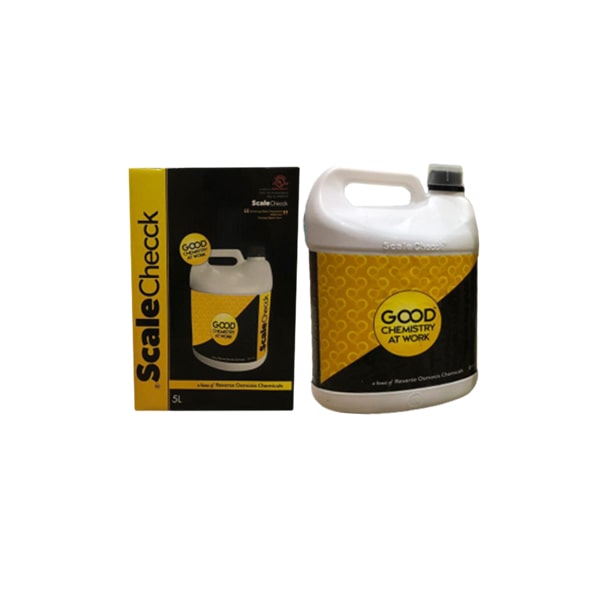
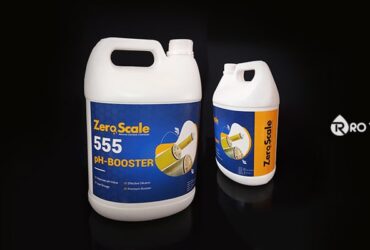
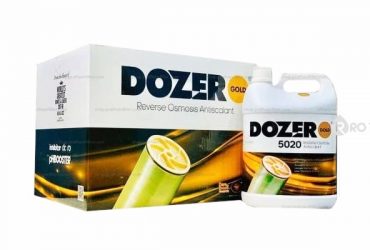
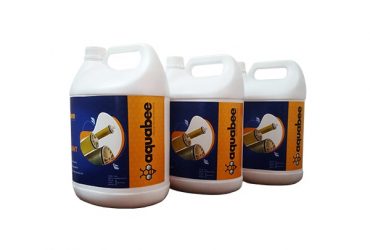
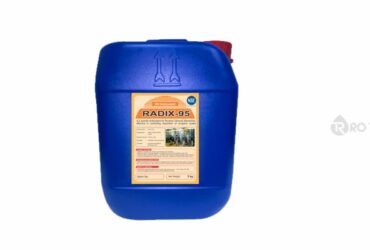
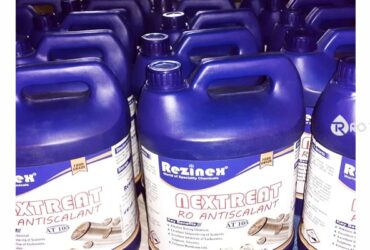
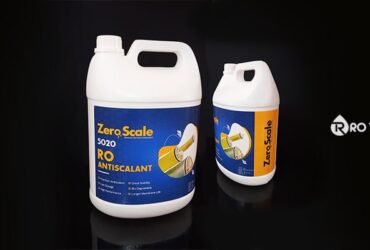
Let’s Create Your Bid
Only registered users can post offers *
Ad Price
₹500